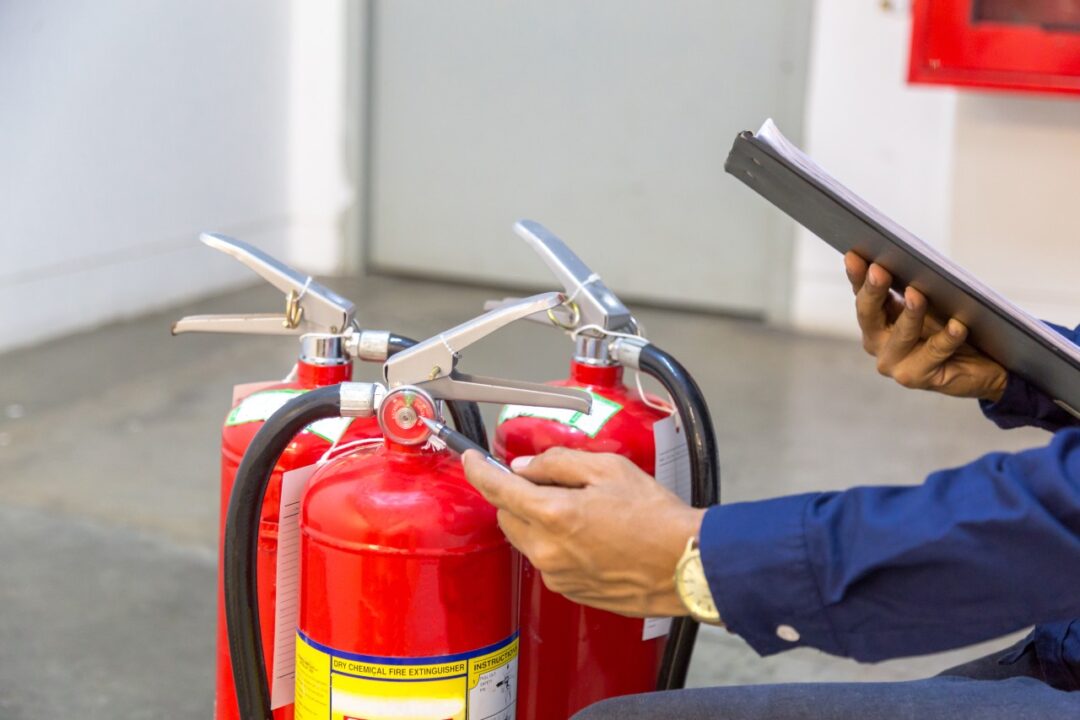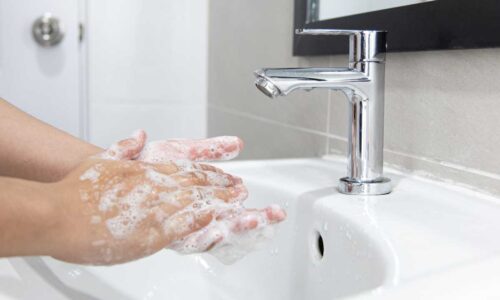How often do I need to check my smoke alarm? |

This past weekend was the “fall back” from Daylight Savings Time to Standard Time. We like to recommend that everyone use this time as a reminder to check your smoke alarms. Fire safety is something that impacts your health status, so I want to remind you about this important issue.
Working smoke alarms save lives!
- Smoke alarms that are properly installed and maintained play a vital role in reducing fire-related deaths and injuries. If there is a fire in your home, smoke spreads fast and you need smoke alarms to sound the warning so that you have time to get yourself and your loved ones out of danger.
- In 2012-2016, smoke alarms were present in three-quarters (74%) and sounded in more than half (53%) of the home fires reported to U.S. fire departments.
- Almost three out of every five home fire deaths resulted from fires in home with no smoke alarms (40%), or no smoke alarms that were working at the time (27%).
- The death rate per 1,000 reported home fires was more than twice as high in homes that did not have any working smoke alarms (either because no smoke alarm was present, or an alarm was present but did not operate), compared to homes with working smoke alarms.
- In fires in which the smoke alarms were present but did not operate, 43% of the smoke alarms had missing or disconnected batteries.
- Dead batteries caused 25% of the smoke alarm failures.
- Make sure you have a smoke detector in every room, preferably in the center of the room.
False Alarms
Nuisance tripping of your smoke alarm is bound to happen occasionally. For example, smoke from the stove could trip the alarm. I know that has happened to me on more than one occasion!Many people will remove the battery to silence the alarm, with the good intention of replacing it after the smoke clears. Unfortunately, they often forget to replace them. This is one of the most common causes of non-functioning smoke alarms. Here are some better ways to deal with nuisance tripping:
- Use an alarm with a “hush button.” This allows you to press the button when the smoke alarm sounds to allow a few minutes for the smoke to clear.
- Move the smoke alarm a little further from the stove top in the kitchen.
- Open windows when you know you are cooking something that normally sets off the alarm.
- Better yet, try a different type of alarm in the kitchen area. Some experts say that a photoelectric smoke alarm is a little less sensitive to common causes of false alarms.
Check your smoke alarms regularly
- You should test your smoke alarms once a month, by pressing the test button, to make sure they are still working properly.
- Smoke alarms which use regular batteries should have the batteries changed once a year. The “fall back” time change is a great reminder to change those batteries.
- Some modern smoke alarms come with a lithium ion battery built in, which will last for 10 years. This means that you don’t have to change the battery every year; you just replace the smoke alarm after 10 years. You need to write the date on the alarm, so that you remember when it is time to replace it. However, you still have to test the alarm regularly to make sure it is working.
Hard wired alarms
Many homes today have smoke alarms wired right into the household electrical system. Advantages of hard wired smoke alarms include:
- You don’t necessarily have to change the batteries every year, or replace them every 10 years. However, some do have a battery back-up so the alarm will operate during a power failure. You should find out if this is the case for yours, and how often that battery needs to be replaced.
- You can also have the alarms interconnected. This means that if one alarm in the house sounds, then the others will sound as well. This can be a big advantage. For example, if there is a fire in the basement, the basement smoke alarm might not wake you in your second floor bedroom. If the alarms are interconnected, the alarm in the basement would trigger all of the alarms in the house, which provides you with an earlier warning to get out of the house in the case of a fire.
Escape plan
Smoke and flames can spread quickly, so you need to react quickly. It is easier to react quickly if you know exactly what to do when you hear the smoke alarm. You should plan an escape route from every room in the house, and also name a specific safe area for everyone to meet outside your home. Every family member should know and understand the plan. It is also a good idea to rehearse the escape plan with your family. Make sure planned escape windows are easy to open, and planned exits are not blocked.
For more information about fire safety and smoke alarms, use this link to the International Association of Firefighters website.
If you have any more questions just Ask Hanna, our health advisors are here to help.
Image: ©Shutterstock / A_stockphoto








